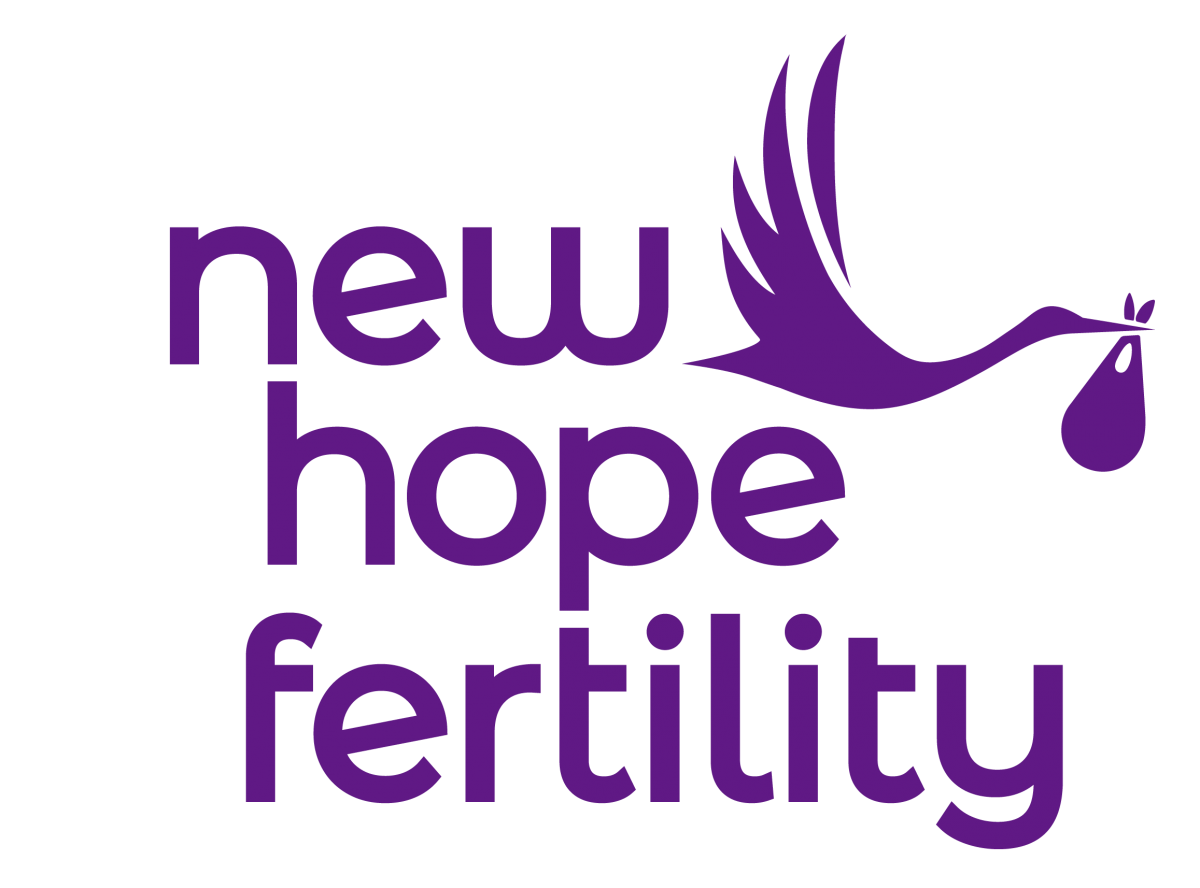You’ll make a lot of decisions during your fertility journey, and for some, that may include deciding between a fresh vs. frozen embryo transfer. If this is your first time doing IVF, however, then you may not be quite clear on the differences between the two, especially how they compare in terms of process and success rates.
Keep reading to learn how fresh and frozen embryo transfers differ, including the advantages and disadvantages of each method.
Understanding the Difference Between Fresh and Frozen Embryo Transfers
Both fresh and frozen embryo transfers start with the same basic process of ovulation stimulation, monitoring, and egg retrieval. This is true whether you opt for traditional IVF or mini IVF, though the exact method of ovulation induction will differ.
After eggs are retrieved, they will be fertilized by sperm in the lab to create an embryo. And here’s where things start to differ. With a fresh embryo transfer, a fertilized embryo will be implanted into the uterus within three to five days of the retrieval. With a frozen embryo transfer, embryos will be frozen, and implantation can be done weeks, months, or even years after retrieval and fertilization.
Advantages and Disadvantages of Fresh Embryo Transfer
If you’re ready to conceive, then it makes sense why you might prefer a fresh embryo transfer, since implantation is done almost immediately after the initial retrieval. This is the main advantage of a fresh embryo transfer, with pregnancies occurring soon after IVF itself, assuming the process is successful.
Of course, there are some disadvantages too. Aside from the fact that a fresh transfer doesn’t allow time for genetic testing of the embryo, there is also the possibility of hormonal interference from the medications used to induce ovulation. These interferences can prevent an optimal hormonal environment for implantation, particularly in terms of the receptivity of the uterine lining.
Advantages and Disadvantages of Frozen Embryo Transfer
A frozen embryo transfer, or FET, is a common choice for those undergoing IVF. This is largely due to the advantages it offers, such as giving the body time to recover from ovarian stimulation and allowing embryos to be tested for viability and sex if desired. These factors can result in both a healthier embryo being implanted and a better overall environment for increasing implantation success.
Likewise, some individuals choose to freeze eggs or embryos as a means of fertility preservation in the event they are not currently desiring pregnancy or wish to save eggs or embryos for another possible pregnancy in the future.
A disadvantage of frozen transfers is that it’s not a guarantee that all embryos will survive being frozen and then thawed. Fortunately, technology has come a long way and largely eliminated this risk, meaning most embryos survive the process.
Fresh vs. Frozen Embryo Transfer Success Rates
Another major factor to consider when deciding between these two options is success rates. The good news: fresh vs. frozen embryo transfer success rates are largely the same, with a 2020 study observing no significant differences in pregnancy or live birth rates between women who did fresh transfers and those who did frozen transfers.
Additional research shows that maternal age may not be a relevant factor in determining IVF success, so if your main concern is fresh vs. frozen IVF over 40 years old then it’s worth noting that the process you choose shouldn’t make a big difference in the outcome. However, miscarriage risk does increase with age, which is important to keep in mind during the IVF process.
Most relevant when considering IVF fresh vs. frozen cycle success rates is to look at the statistics of the clinic where you are pursuing treatment, including how they compare to industry-wide rates released by the Society for Reproductive Technology (SART).
Why New Hope?
New Hope Fertility Center is home to world-renowned fertility specialists. We custom-design fertility treatments for the individual to increase the chances of a successful pregnancy. Our specialists believe in putting the patient first and being with them through every step of the fertility journey. Our team is well-versed in helping women of all ages reach their fertility goals and we are passionate about educating, and supporting our patients throughout their journey. If you want compassionate fertility care, New Hope is the right place for you. Call us at (347) 970-8479 or schedule your initial consultation today!

